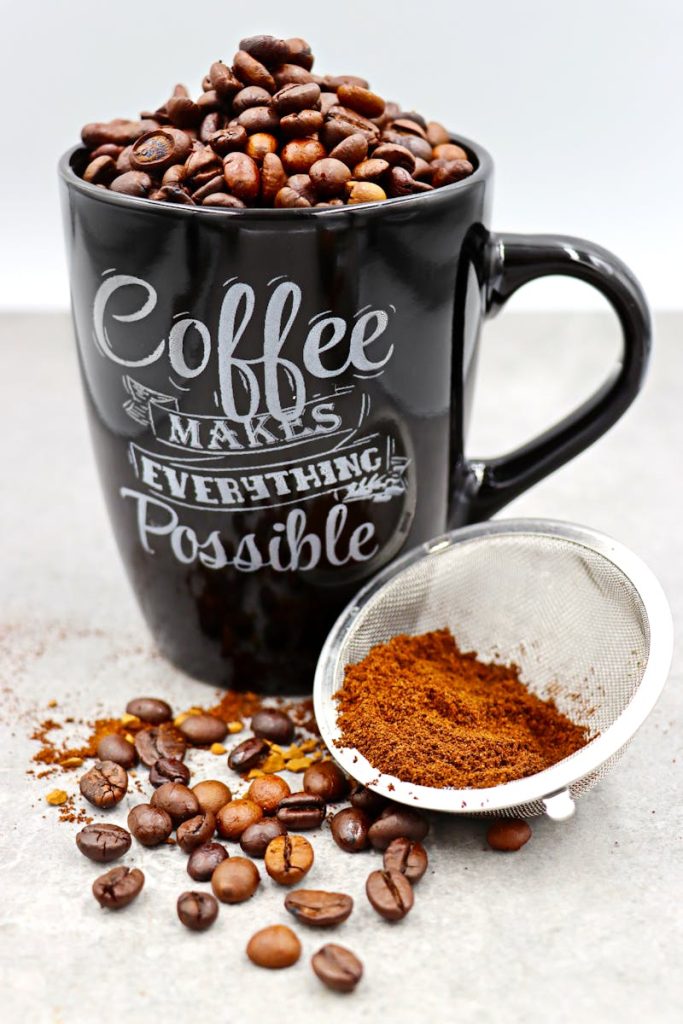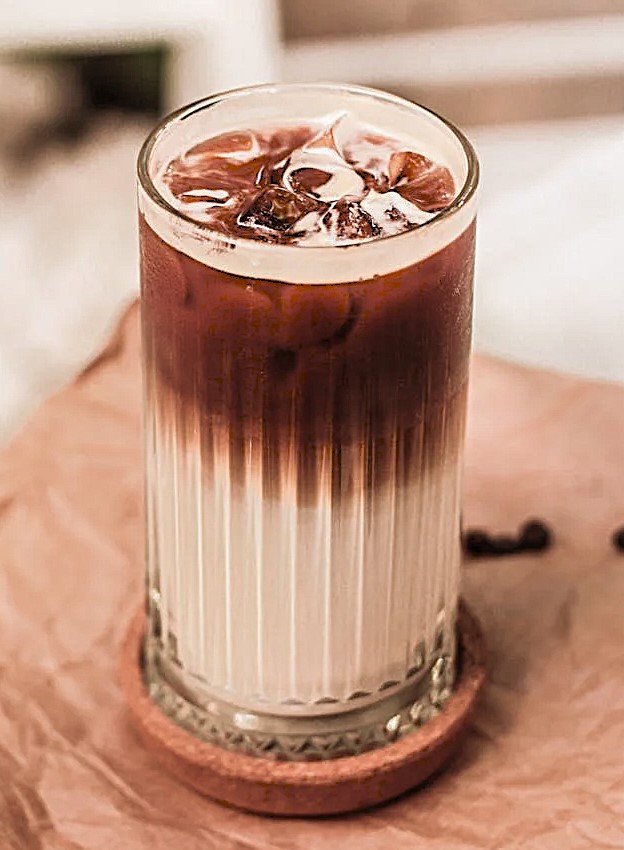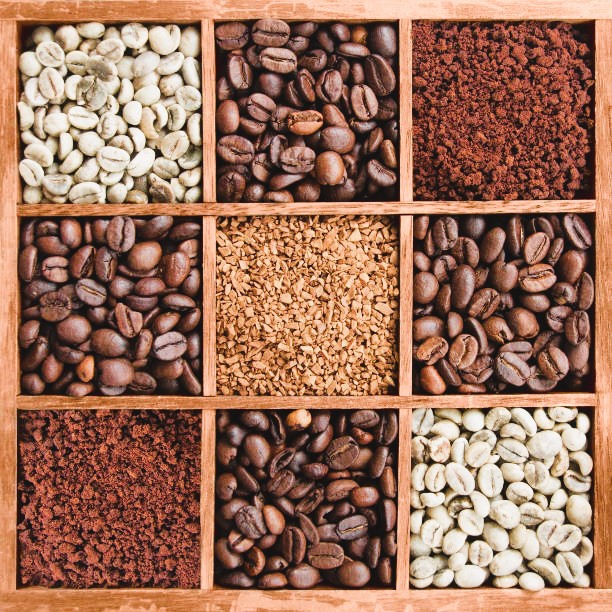The Top 6 Coffee Trends Shaping 2025
The Coffee Industry in 2025: Exploring the Latest Trends in Sustainability, Innovation, and At-Home Brewing
The coffee industry in 2025 is witnessing a dynamic shift driven by changing consumer preferences, innovative technology, and a growing emphasis on sustainability. Coffee is no longer just a beverage; it’s an experience that encompasses ethical production, personalized brewing, and health-conscious choices. Here’s a look at some of the most exciting trends shaping the coffee landscape this year.

1. Sustainable Coffee: A Commitment to Ethical Production
Sustainability continues to be at the forefront of the coffee industry in 2025, with a strong focus on ethical sourcing and environmental stewardship. Coffee companies are increasingly partnering with farms that are Fair Trade and Rainforest Alliance Certified, ensuring that the beans are produced with respect for both workers and the planet. This commitment to sustainability resonates with consumers who are more conscious than ever about the origins of their coffee.
Brands that emphasize their sustainable practices, such as using eco-friendly packaging and supporting local farming communities, are gaining traction in the market. This trend reflects a broader shift towards transparency and accountability, as consumers demand to know where their coffee comes from and the impact of their purchase. By choosing sustainable coffee, customers feel they are contributing to a positive change, making their morning cup of joe all the more satisfying.
2. Increased At-Home Coffee Consumption: Bringing the Café Experience Home
The habit of brewing coffee at home, which surged during the COVID-19 pandemic, remains strong in 2025. As many consumers discovered the joy of crafting their specialty drinks, the trend of at-home coffee consumption continues to thrive. This has led to a surge in demand for premium coffee blends, high-quality beans, and innovative brewing gadgets that allow enthusiasts to recreate their favorite café beverages.
From espresso machines and pour-over setups to single-serve coffee makers and grinders, the variety of coffee equipment available has never been greater. Additionally, subscription services offering curated coffee selections delivered right to one’s doorstep have become immensely popular, catering to those eager to explore new flavors without leaving the comfort of their homes.
This trend highlights a desire for customization and control over one’s coffee experience. Consumers are becoming their own baristas, experimenting with different brewing techniques and ingredients to create personalized, high-quality coffee.
3. Cold Brew and Bottled Coffee: Convenience Meets Taste
Cold brew coffee continues to dominate the market in 2025, prized for its smooth flavor and lower acidity compared to traditional hot brews. Its popularity has spurred a proliferation of ready-to-drink options, with bottled and canned cold brew and iced coffee becoming a staple on grocery store shelves.
These convenient, grab-and-go products cater to the busy consumer who values both quality and time efficiency. The ease of enjoying a delicious cold brew without the need for brewing has attracted a broad audience, from on-the-go professionals to casual coffee drinkers looking for a quick pick-me-up.
Brands are also experimenting with flavors and ingredients, offering options like nitro cold brew, sweetened variations, and even plant-based versions. This expansion of cold brew offerings underscores the consumer’s growing preference for convenient yet high-quality coffee options.

4. Health-Conscious and Alternative Additives: A Focus on Wellness
As wellness trends permeate every facet of the food and beverage industry, coffee is no exception. In 2025, health-focused coffee options are booming, with brands incorporating antioxidants, vitamins, and other health-boosting ingredients into their coffee products. These additions appeal to consumers who want to enjoy their coffee while also reaping potential health benefits.
Moreover, the use of alternative milks, such as almond, oat, and coconut, continues to rise. These plant-based alternatives cater to those with dietary restrictions, lactose intolerance, or simply a preference for non-dairy options. Beyond just being a substitute, many alternative milks add unique flavors and textures to coffee, enhancing the overall drinking experience.
This trend reflects a broader consumer shift towards mindful consumption, where individuals are increasingly aware of what they are putting into their bodies. Coffee drinkers are looking for options that align with their health goals, making the inclusion of functional ingredients and alternative milks a natural evolution.
5. Coffee Tourism: Exploring the World One Cup at a Time
Coffee tourism is an emerging trend that combines travel with the love of coffee, appealing particularly to younger consumers seeking authentic experiences. From visiting coffee farms in Colombia to exploring local cafes in Italy, coffee tourism allows enthusiasts to immerse themselves in the rich history and culture of coffee production.
This trend goes beyond simply tasting coffee; it’s about connecting with the stories and people behind the beans. Tourists are eager to learn about the entire journey of coffee, from seed to cup, and often participate in workshops, farm tours, and cupping sessions. These experiences offer a deeper appreciation for the craftsmanship involved in coffee production, creating memorable connections between consumers and their favorite beverage.
6. Coffee Tastings and Premium Blends: Elevating the Coffee Experience
In 2025, coffee tastings are becoming a popular way for consumers to explore new blends and brewing techniques. Cafes and coffee shops are hosting tasting events that showcase high-quality, often mixed-origin beans, allowing participants to sample a variety of flavors and discover their personal preferences.
The demand for premium blends is also on the rise as coffee lovers seek out unique and sophisticated flavor profiles. These blends often combine beans from different regions to create a distinctive taste, elevating the coffee experience to something akin to fine wine tasting.
Whether it’s a single-origin Ethiopian coffee with floral notes or a complex blend from Central America, these premium options offer a chance for consumers to indulge in something special. The focus is on quality over quantity, with coffee enthusiasts willing to pay a little extra for a superior cup.

A Brewed Evolution: The Future of Coffee in 2025
The coffee industry in 2025 is vibrant and diverse, shaped by trends that reflect changing consumer values and technological advancements. From the emphasis on sustainability and ethical production to the rise of at-home brewing and health-focused additives, the coffee landscape is evolving to meet the needs of today’s discerning drinkers. As we move forward, these trends will likely continue to influence the way we enjoy coffee, transforming it into not just a beverage, but a holistic and enriching experience.

